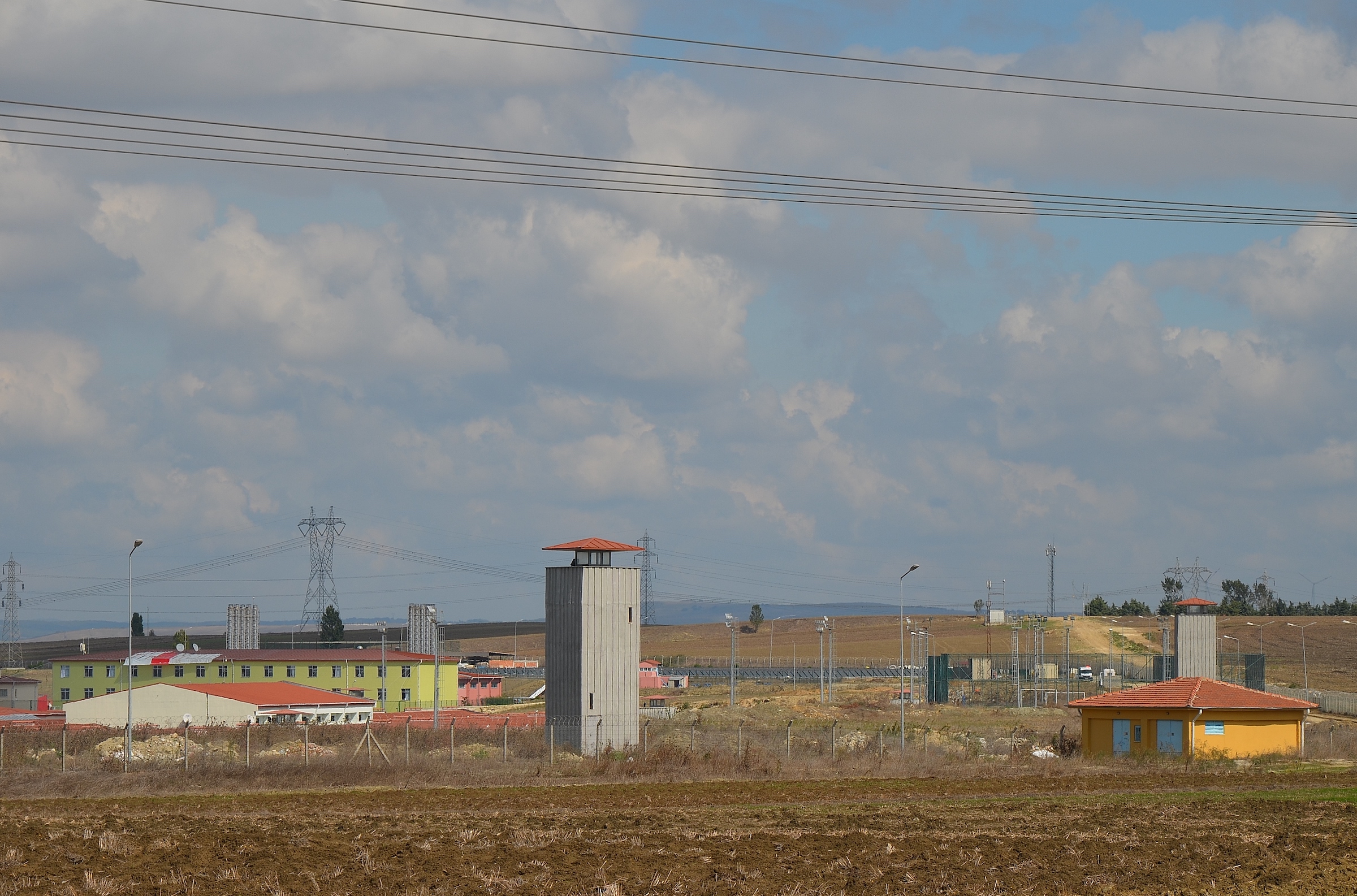As the global number of confirmed COVID-19 cases surpasses 5.1 million, countries are focusing on at-risk populations in efforts to flatten the curve.
On May 13, leaders of global health, human rights and development institutions released a joint statement regarding COVID-19 in prisons, urging political leaders to use custodial measures only as a last resort in an effort to limit overcrowding.
“These efforts should encompass release mechanisms for people at particular risk of COVID-19, such as older people and people with pre-existing health conditions, as well as other people who could be released without compromising public safety, such as those sentenced for minor, non-violent offenses,” the statement read.
In Kenya, Skype and Zoom court proceedings led to the release of almost 5000 prisoners in an effort to curb the spread of COVID-19.
The Supreme Court of the Philippines released almost 10,000 inmates the first weekend in May in an effort to halt the spread of the coronavirus. However, some believe it may be too little, too late as two overcrowded jails on Cebu island had a combined total of 348 positive cases as of May 2, according to Al Jazeera.
In March, Iran temporarily released approximately 85,000 prisoners from prisons including political prisoners in response to the pandemic.
United Nations High Commissioner spokesperson Rupert Colville “welcomed the steps taken by some States to release convicts and pre-trial detainees most vulnerable to COVID-19, including those with underlying medical conditions, pregnant women, the elderly, those living with HIV and those with a disability,” according to UN News.
In some countries, however, releases believed to have political motives have faced backlash.
According to Al Jazeera, Nicaragua has moved over 2,800 prisoners to house arrest, none of whom are imprisoned opposition figures.
On May 4, Amnesty International released a statement calling for the worldwide release of all prisoners of conscience—-people imprisoned solely for their race, sexual orientation, religious, or political views—such as the opposition figures in Nicaragua.
“It is more important than ever that states take urgent measures to protect all those who are behind bars, including by releasing all individuals who are held simply for peacefully exercising their rights,” said Sauro Scarpelli, deputy campaigns director at Amnesty International in the statement.
Many of the at least 84 opposition leaders were arrested in a 2018 protest against Daniel Ortega, a formal rebel now accused of running a repressive dictatorship. According to Amnesty International, 12 of the opposition detainees exhibited COVID-19 symptoms and were not provided adequate medical care.
In Turkey, where confirmed cases have since reached over 150,000, parliament passed a bill on April 13 that would temporarily or permanently release tens of thousands of inmates to minimize overcrowding in their jails.
According to Amnesty International, the releases did not include those held in pretrial detention and people convicted under overly broad anti-terrorism laws.
Due to the county’s vague anti-terrorism laws, the bill excludes convict journalists, lawyers and political and human rights activists who have been convicted of terrorism and imprisoned for speaking out against the government.
In other countries, the fear of contagion with continued overcrowding and lack of basic services has caused deadly riots.
In late April, a riot broke out in the Miguel Castro Castro jail after two prisoners died of COVID-19. The riot left nine prisoners dead and 60 guards, five police and two additional inmates injured as reported by BBC news.
The overcrowded jail, located in Lima, Peru, continues to house approximately 5,500 inmates despite an official capacity below 2,000. Peru’s prison authorities report over 600 confirmed COVID-19 cases and 13 case-related deaths.
The week of the riot, Peruvian President Martín Vizcarra announced he would grant 3,000 of the most vulnerable prisoners a humanitarian pardon in order to ease prison overcrowding. However, tens of thousands of inmates would still remain wanting better sanitation and health care.
According to Amnesty International, Los Llanos Penitentiary Centre, known as CEPELLA, in Venezuela placed restrictions on family visitations in response to the COVID-19 pandemic in mid-March. Similar to other overcrowded prisons in the country, the 4,000 inmates rely on family visitations for food.
As food shortages increased throughout the country, prisoners accused officers of provoking inmates with the new restrictions and stealing what food they were able to receive. On May 1, prisoners crowded the main entrance and demanded change. The riot left at least 47 prisoners dead and an additional 75 injured, according to Reuters.
The consistent overcrowding in Venezuelan prisons is due in part to over 60% of the prison population being pre-trial detainees, or people who have yet to be convicted of a crime. Despite the overcrowded, unsanitary conditions and riots, the Venezuelan government has not announced any plans to release prisoners in response to the pandemic.
“We already had an explosive situation [in the jails]. COVID[-19] is just the spark that’s going to set the whole thing off,” said Alexandre Sales, a criminal lawyer in Brazil, to The Guardian.
